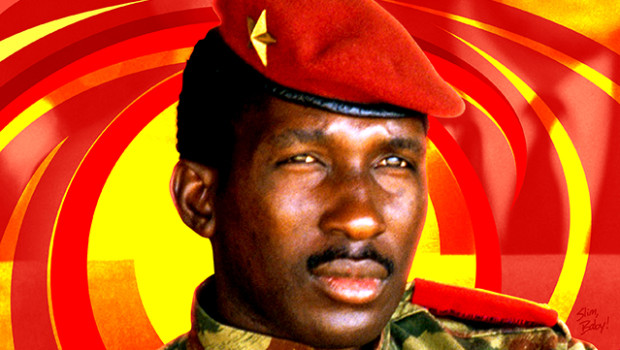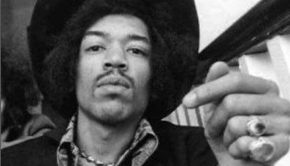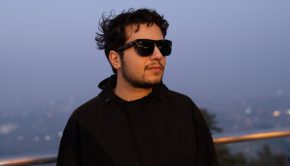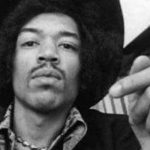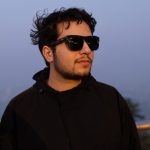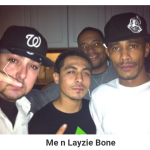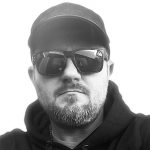Black History Month art series by artist Adam Hernandez: ‘Thomas Sankara’
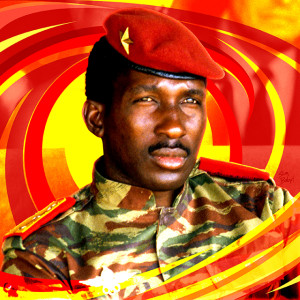 Thomas Isidore Noël Sankara (21 December 1949 – 15 October 1987) was a Burkinabé military captain, Marxist revolutionary, pan-Africanist theorist, and President of Burkina Faso from 1983 to 1987. Viewed by supporters as a charismatic and iconic figure of revolution, he is commonly referred to as “Africa’s Che Guevara“.
Thomas Isidore Noël Sankara (21 December 1949 – 15 October 1987) was a Burkinabé military captain, Marxist revolutionary, pan-Africanist theorist, and President of Burkina Faso from 1983 to 1987. Viewed by supporters as a charismatic and iconic figure of revolution, he is commonly referred to as “Africa’s Che Guevara“.
Sankara seized power in a 1983 popularly supported coup at the age of 33, with the goal of eliminating corruption and the dominance of the former French colonial power. He immediately launched one of the most ambitious programmes for social and economic change ever attempted on the African continent. To symbolize this new autonomy and rebirth, he renamed the country from the French colonial Upper Volta to Burkina Faso (“Land of Upright Man”). His foreign policies were centered on anti-imperialism, with his government eschewing all foreign aid, pushing for odious debt reduction, nationalizing all land and mineral wealth, and averting the power and influence of the International Monetary Fund (IMF) and World Bank. His domestic policies were focused on preventing famine with agrarian self-sufficiency and land reform, prioritizing education with a nationwide literacy campaign, and promoting public health by vaccinating 2.5 million children against meningitis, yellow fever, and measles. Other components of his national agenda included planting over ten million trees to halt the growing desertification of the Sahel, doubling wheat production by redistributing land from feudal landlords to peasants, suspending rural poll taxes and domestic rents, and establishing an ambitious road and rail construction program to “tie the nation together”. On the localized level Sankara also called on every village to build a medical dispensary and had over 350 communities construct schools with their own labour. Moreover, his commitment to women’s rights led him to outlaw female genital mutilation, forced marriages and polygamy, while appointing women to high governmental positions and encouraging them to work outside the home and stay in school even if pregnant.
His revolutionary programs for African self-reliance made him an icon to many of Africa’s poor. Sankara remained popular with most of his country’s impoverished citizens. However his policies alienated and antagonised the vested interests of an array of groups, which included the small but powerful Burkinabé middle class, the tribal leaders whom he stripped of the long-held traditional right to forced labour and tribute payments, and France and its ally the Ivory Coast. He was assassinated in a coup d’état led by his once friend and aide Blaise Compaoré on October 15, 1987. A week before his assassination, he declared: “While revolutionaries as individuals can be murdered, you cannot kill ideas.” – wikipedia.org
Tweet
